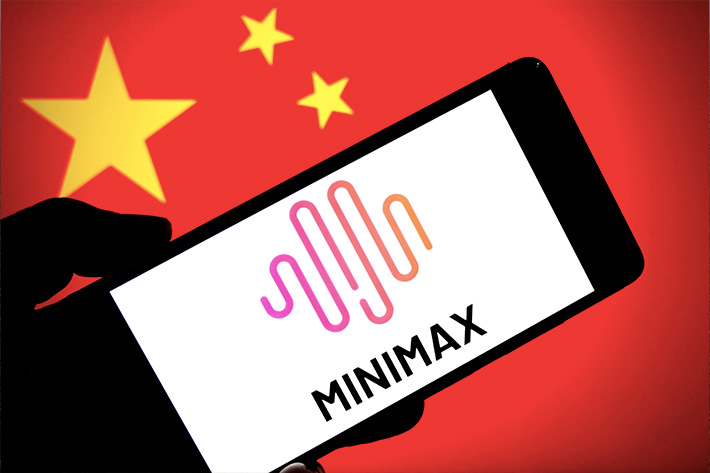US chipmaker Nvidia will delay the launch of a new artificial intelligence chip designed specifically for China as it braces for a steep revenue hit in one of its biggest markets.
The company informed its Chinese customers that the H20 chip it developed to comply with latest US export curbs will not be launched until the first quarter of next year, two sources familiar with the matter said.
The H20 is the most powerful of three China-focused chips Nvidia developed to meet new US rules.
Also on AF: Probe Into US Chip Equipment Maker’s Gear Sent to China’s SMIC
That, and the other two chips — L20 and L2 — include most of Nvidia’s newest features for AI work. But Nvidia has cut back some of their computing power measures to comply with new US rules, according to SemiAnalysis’ review of the chips’ specifications.
The California-based AI chip giant had been expected to launch the new products as early as November 16, chip industry newsletter SemiAnalysis reported this month.
One of the sources said Nvidia may now launch the H20 in February or March.
Nvidia declined to comment.
The company, which became the most valuable US semiconductor firm on the back of a global rush to develop artificial intelligence products, warned this week that it expects a sharp decline in its fourth-quarter sales to China.
That followed an order from Washington last month asking the chipmaker to immediately stop exports of products including its advanced A800 and H800 AI chips to China.
The A800 and H800 were introduced as alternatives for Chinese customers in November 2022, about a month after the US first banned exports of advanced microchips and equipment to China.
“Export controls will have a negative effect on our China business, and we do not have good visibility into the magnitude of that impact even over the long-term,” chief financial officer Colette Kress said during a conference call with analysts.
Sales to China have accounted for between 20% to 25% of Nvidia’s data centre revenue, according to Nikkei Asia.
Nvidia also dominates China’s $7-billion AI chip market, commanding a more than 90% share.
View this post on Instagram
Challenges abound for Nvidia
The sources said they were told that the H20 was being delayed due to issues server manufacturers were having in integrating the chip.
They added that the L20 was not facing delays and would launch according to its original schedule. They were unable to share information on the status of the L2.
News of the delay follows analysts concerns around Nvidia’s plan, as developing new chips can be highly resource-intensive.
“It’s a significant process to both design and develop these new products,” Nvidia’s chief financial officer Colette Kress said this week during a post-earnings conference call.
Jacob Bourne, an analyst at Insider Intelligence, also noted that Nvidia’s newly-designed chips could end up banned just like its first round of China market chips.
“Nvidia’s move to develop specialized chips for the Chinese market, while a strategic response to export restrictions, faces challenges,” Bourne said.
Rush to preserve market share
Building custom chips can cost hundreds of millions of dollars and take years, but gives the major cloud companies the ability to include features tied specifically to their AI needs.
A delay in the launch of H20 could complicate Nvidia’s efforts to preserve its market share in China against local rivals like Huawei.
Washington’s tightening export curbs have created an opportunity for Chinese firms such as Huawei to win orders that may have otherwise gone to Nvidia.
Chinese internet giant Baidu, which became the only Chinese firm to feature on Fortune’s 50 AI innovators list, placed a sizeable order for Huawei AI chips this year. The firm said it was preparing for a future when it would no longer be able to purchase from Nvidia.
Tech giant Tencent also said this month it would start looking for domestic alternatives to Nvidia due to mounting US curbs.
- Reuters, with additional inputs from Vishakha Saxena
Also read:
US Chip Export Ban Seen as Big Opportunity for Huawei
US Curbs Set Off Sales, Tech Boom for China Chip Equipment Firms
ASML to Ship Top Tech to China Even as Dutch Chip Ban Starts
Banned Nvidia Chips Available in China’s Underground Markets
China Curbs Mean Permanent Loss of Opportunities for US: Nvidia
Chinese Tech Giants Rush to Buy Nvidia’s Top AI Chips – FT
US Risks ‘Enormous Damage’ With China Chip War: Nvidia CEO – FT
























